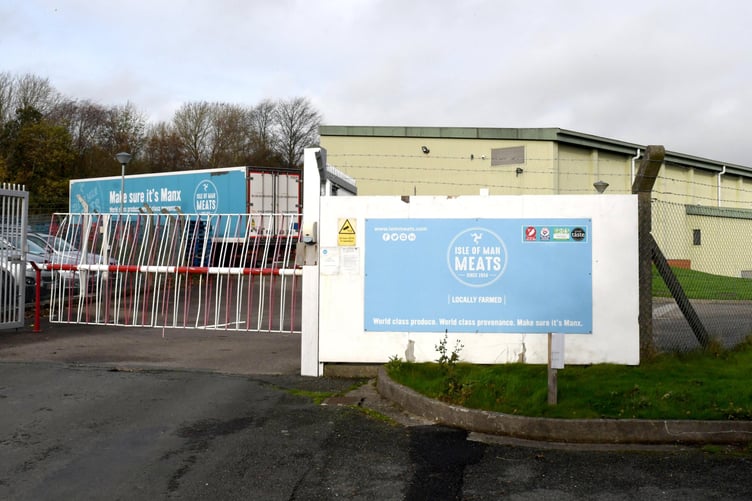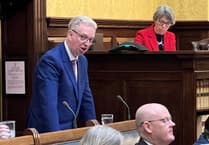A total of 56 cattle have been held at the Isle of Man Meat Plant longer than expected in the first three months of 2024 because of concerns over faulty machinery.
The Minister for Environment, Food and Agriculture, Clare Barber, confirmed that 10 cattle were held for 11 days in February, while 46 more were held for a week between March 7 and March 14.
This was due to two separate instances of mechanical failure at the Tromode plant, with Mrs Barber explaining some of this machinery is roughly 30 years old.
Speaking during March’s Tynwald sitting, she said: ‘The equipment utilised in the meat plant, as you will imagine, is extremely specialist and is now in some cases around 30 years of age.
‘As would be expected, there has been deterioration over this time period which has unfortunately been amplified by issues from previous poor maintenance processes - as highlighted in the audit report undertaken by the Birnie Consultancy in 2022.’
The Birnie report said the facility had ‘poor customer service, slow processing, high operating costs, unskilled staff, product damage and poor adherence to legal requirements’.
But Ms Barber confirmed that a new technical team is now in place at the Plant, with overall responsibility for the facilities, engineering, compliance and hygiene requirements.
She said: ‘The company currently faces key challenges in balancing the need to continue throughput of stock from farms and the supply of meat to the island customer base. This includes undertaking a full overview of equipment policies and processes.
‘In light of this, I'm advised that there may continue to be some inevitable business interruption. Whilst the impact of these disruptions is being kept to a minimum, where equipment failures present a risk to health and safety for the team at the plant, production must be halted until full repairs are completed and signed off by our insurers.’
Despite the animals being held at the plant longer than intended, it’s been confirmed that there were ‘zero’ animal welfare concerns during this time.
An independent ‘official veterinarian’ - otherwise known as an ‘OV’ - ruled that the animals were regularly monitored to ensure no welfare issues were experienced.
The minister added: ‘The onsite OV ensured that the cattle were all well fed, watered and bedded at all times.
‘It’s important to note that returning animals to farms is not permitted due to biosecurity risks, so we are limited in the number of options available to us.
‘Holding the animals in the lairage for long periods of time is not our intention, but where it is necessary, supplies needed to ensure high standards of animal welfare will be procured.’


.jpg?width=209&height=140&crop=209:145,smart&quality=75)


Comments
This article has no comments yet. Be the first to leave a comment.